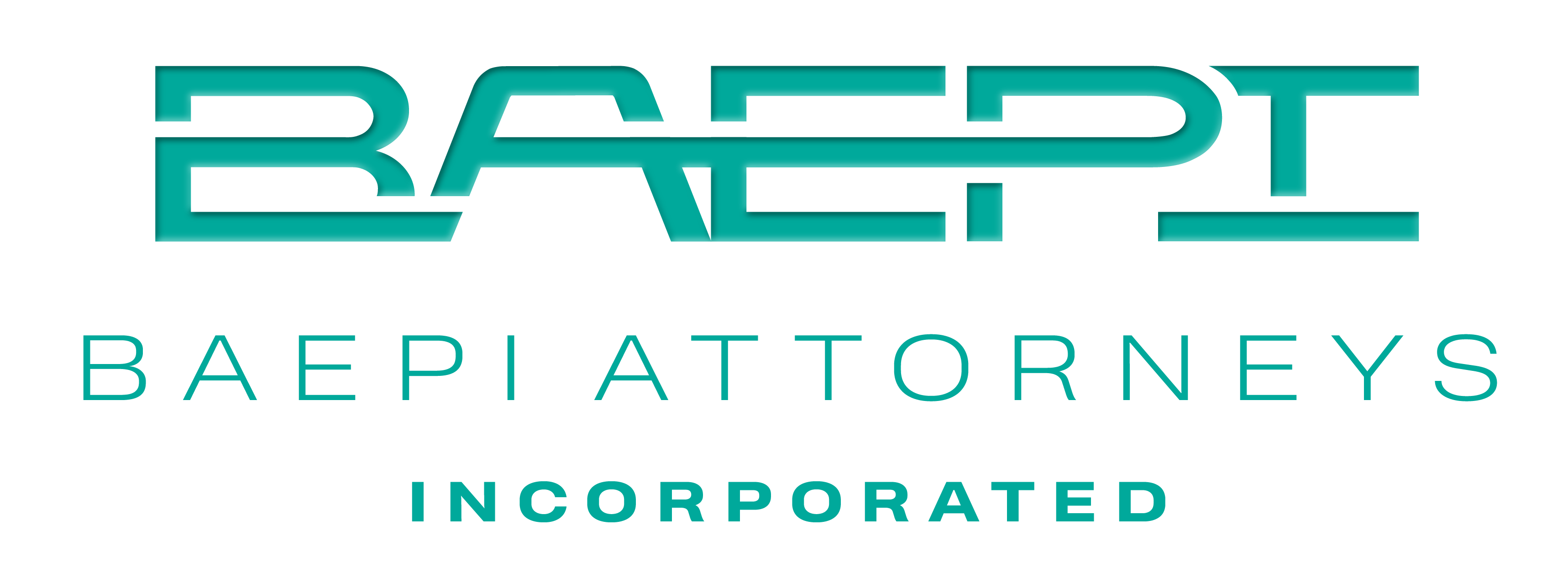Can Electronically Generated Documents be Certified?

Usually, a copy of a physical original, for example, your identity document or passport may be certified by a commissioner of oaths (“commissioner”) as a true copy only when the physical original has been presented to them. Where there is a requirement to produce a certified copy of a document that has been generated electronically, a person must approach a commissioner with a print-out of the document and have it certified to be a true reproduction thereof.
Most service providers have transitioned from sending invoices, account statements and other documents through post or mail to generating and sending them electronically via e-mail or making them accessible to the customer through online portals.
The Electronic Communications and Transactions Act 25 of 2002 (“ECT Act”) recognises that an electronic document can also be an original. Section 14 of the ECT Act provides that information can be presented in its original form by a data message if the information initially generated has remained complete and unaltered and is capable of being displayed or produced to the person to whom it is to be presented. In other words, the originally generated document should not be manipulated in any way.
The person approaching a commissioner to certify a copy of a document which original exists in electronic form may inter alia:
- log onto the online portal (i.e. CIPC, banking site or app, etc.) in the presence of the commissioner and request or download the required document; or
- show the commissioner the email with the attachment of the relevant document received directly from an institution, service provider or other person.
Once the commissioner has satisfied himself as to the authenticity of the original electronic document, he may certify the document and attest that the copy is a “true copy of the original”.


0 comments